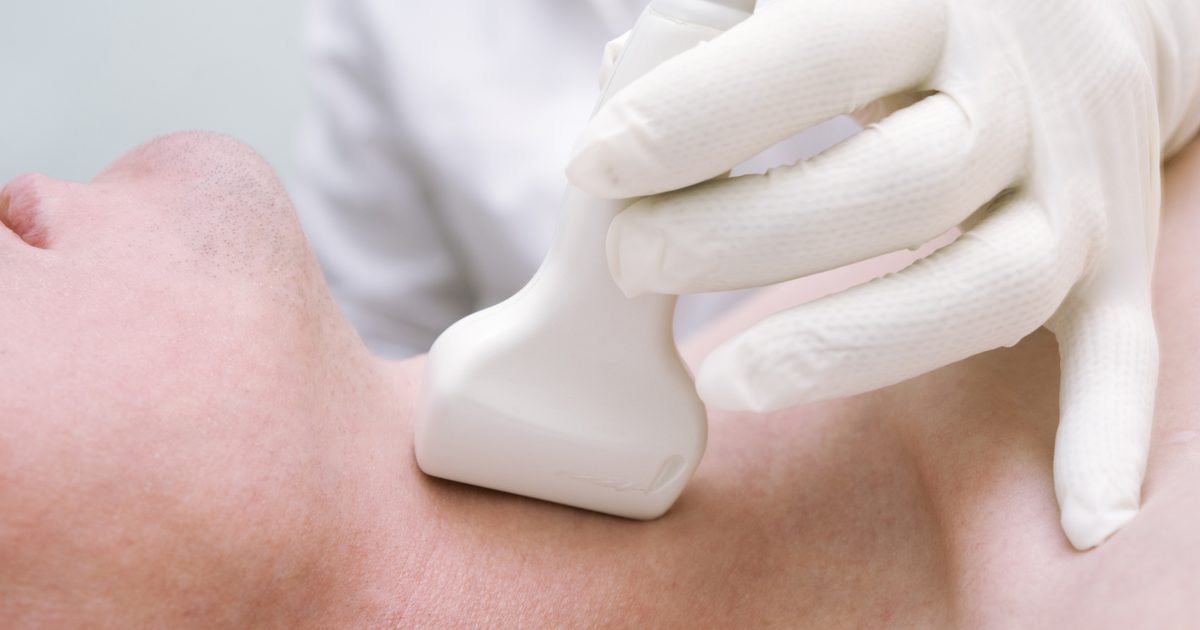What Causes Pins And Needles?
Certain Medications

Patients who take certain medications could develop pins and needles as a side effect. For example, cisplatin and other chemotherapy medications used in the treatment of breast cancer and lymphoma are associated with pins and needles in thirty to forty percent of patients receiving the drugs. Patients who use antiretroviral medications for HIV or AIDS are also likely to experience pins and needles. Hydralazine, perhexiline, vincristine, phenytoin, nitrofurantoin, isoniazid, and dapsone all have pins and needles as a possible side effect. This sensation might occur for individuals who take fluoroquinolones or metronidazole to fight infections, and it is also a recognized side effect of heart and blood pressure medicines such as amiodarone. Since a pins and needles sensation can be a sign of peripheral neuropathy, patients should mention this side effect to their doctor. If possible, the physician may be able to prescribe a different medication that does not cause this side effect. Over-the-counter and prescription-strength pain medications might be recommended to manage this symptom.
Learn more about what can cause pins and needles now.
Hypothyroidism

Hypothyroidism is a condition in which the thyroid gland does not produce enough hormones. In addition to pins and needles, patients with hypothyroidism may notice symptoms such as weight gain, increased sensitivity to cold temperatures, fatigue, constipation, muscle aches, joint pain, and depression. The patient's hair could become noticeably thinner, and their heart rate might be slower than normal. Elevated cholesterol, dry skin, facial puffiness, and memory impairments could occur as well, and the patient may have an enlarged thyroid gland. Hypothyroidism is most common in middle-aged or older women. To diagnose this condition, doctors perform blood tests to measure the patient's levels of thyroid-stimulating hormone and thyroxine. If hypothyroidism is confirmed, the patient will be prescribed levothyroxine, a synthetic thyroid hormone. The medication is taken by mouth daily, and patients will have regular blood tests so the dose can be adjusted as needed.
